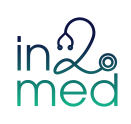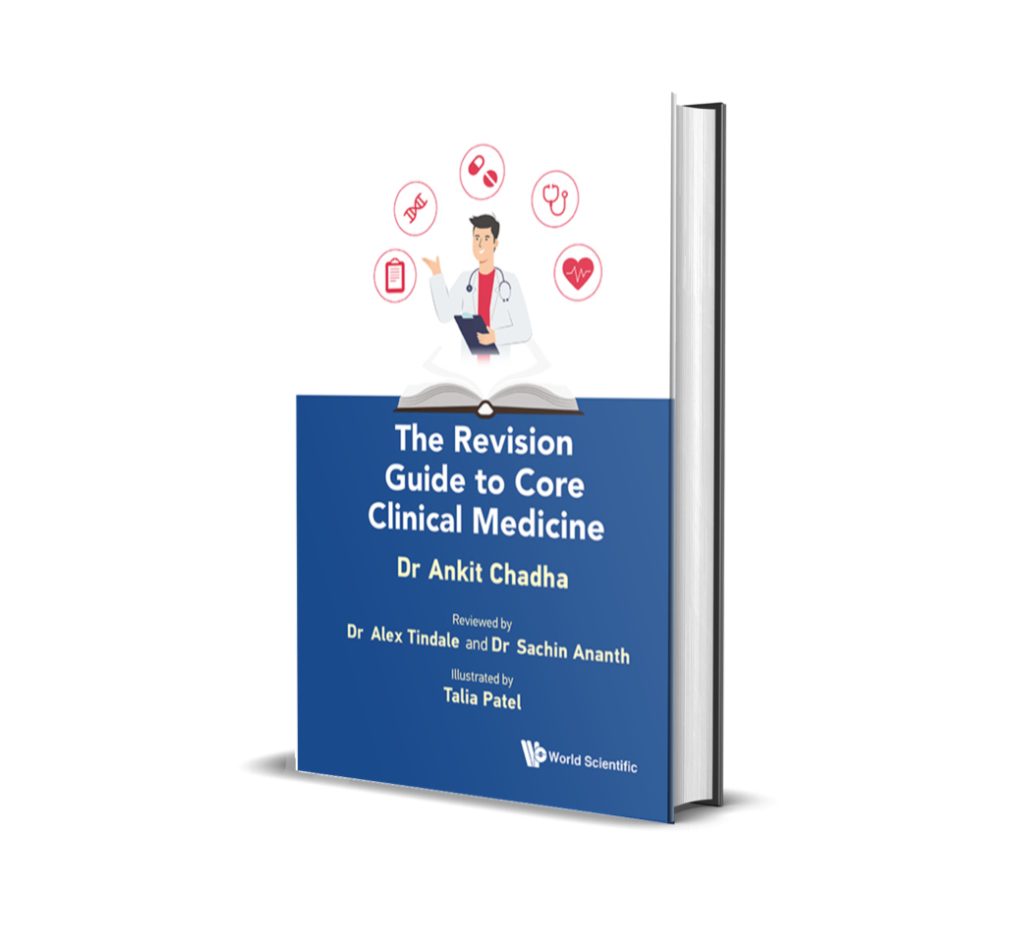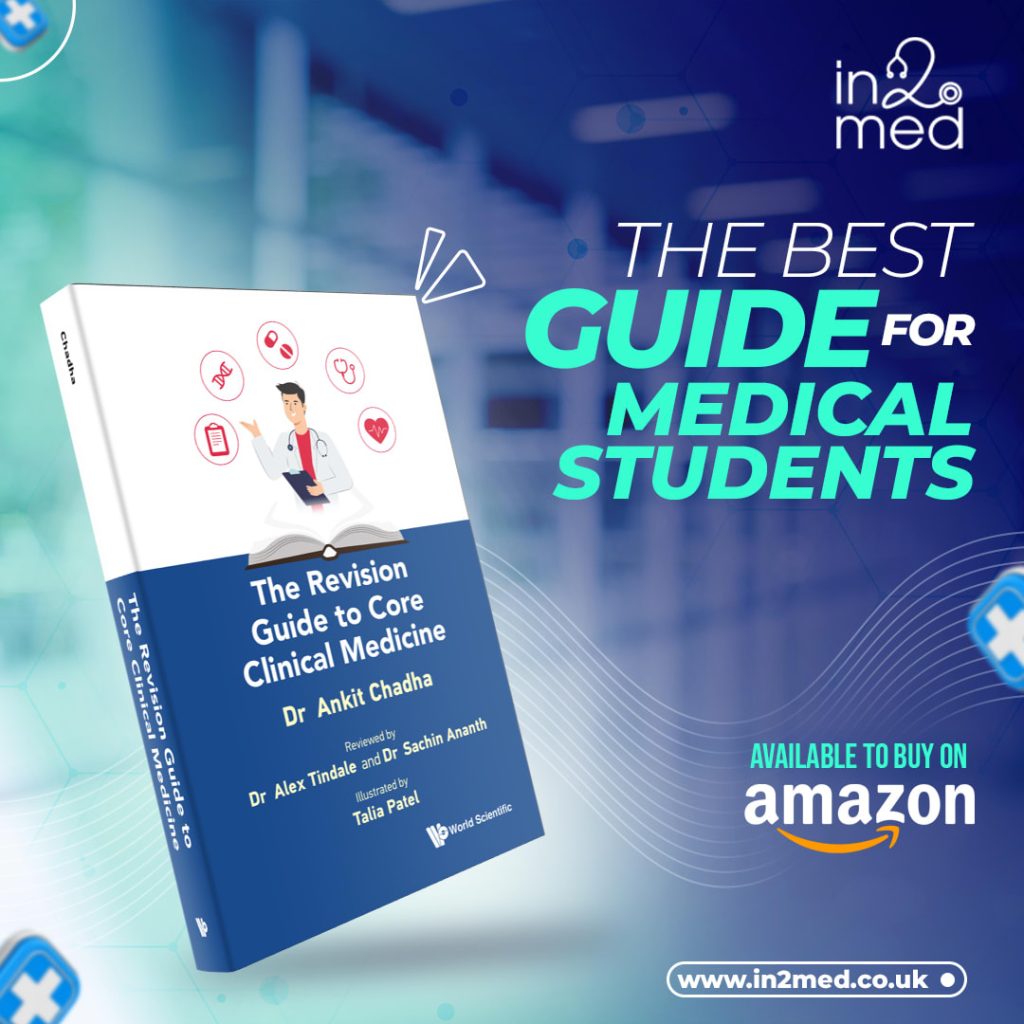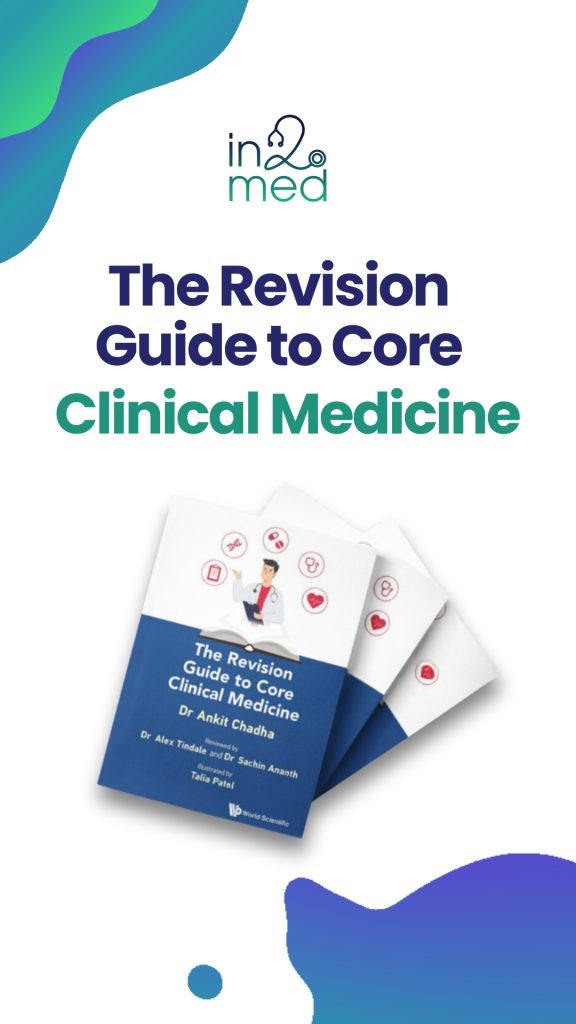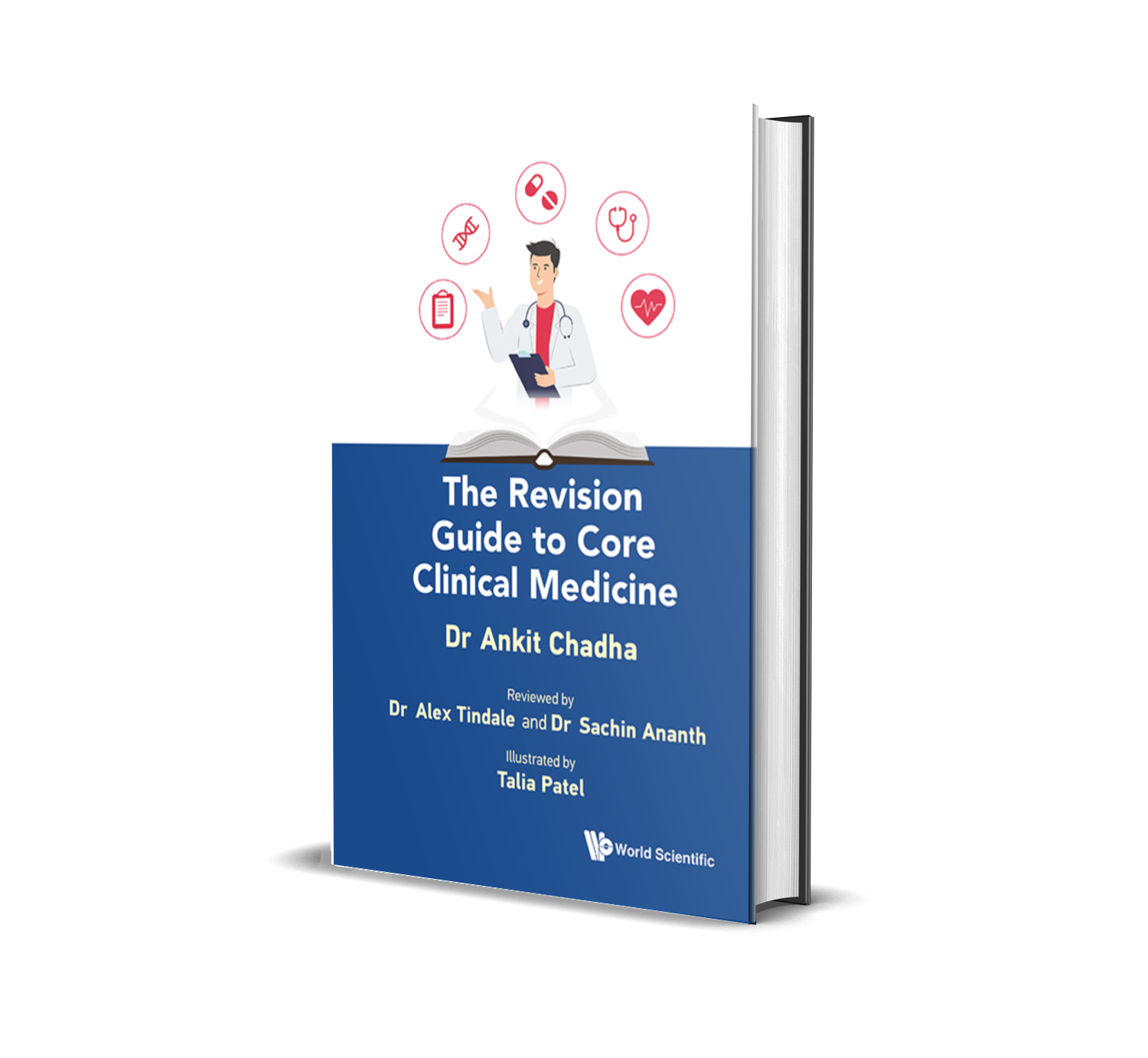Waiting for an outcome
Dear Friend,
I hope you had a wonderful weekend. Since I’ll be working the next two weekends, I decided to make the most of this one and recharge my social battery. On Friday, I attended my college medics’ alumni dinner at the Royal College of Surgeons in London, and yesterday, I enjoyed a night out in Leeds with some school friends. Needless to say, today was dedicated to resting in bed, which seemed only fitting with the weather outside.
This week, I was talking with my colleagues, and many of us are in a similar position. We’ve applied for our jobs for next year, completed the necessary application forms and tests, and now we’re all waiting to hear back about interviews and offers. The process could take up to two months. These jobs will significantly impact where we live, what specialty we pursue, and where we settle down.
It’s easy to feel overwhelmed by the uncertainty, especially since there’s not much I can do to speed up the process. As medical students and doctors, our instinct is often to diagnose a problem and come up with a solution, which is how I approached most of my medical training.
But what’s different this time is that I’ve done everything I can. Now, it’s simply a matter of waiting. And I’ll admit, patience is not one of my strongest virtues. Some of you might be in a similar situation, so this week, I wanted to share a few strategies that have helped me cope with the uncertainty and avoid feeling stuck in limbo.
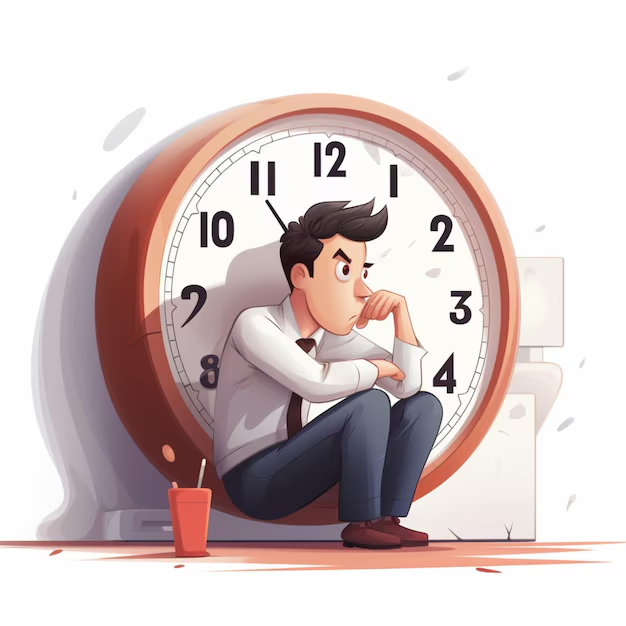
Interact with Non-Medics
It’s easy to get caught up in the “medicine bubble.” You go to work, see patients, and make friends in the field, and before you know it, you’re talking about medicine 24/7. This weekend, I spent time with friends, one working in corporate and the other as a lawyer. It was refreshing not to talk about medicine or applications, and it reminded me that there are far more important things in life than waiting for interviews.
Learn a New Hobby
One of the challenges of this limbo period, as I mentioned, is that there’s not much I can do to speed the process. If I had an exam or interview coming up, I could focus my energy on that and it would serve as a distraction. So, over the past few weeks, I’ve returned to an old hobby: playing the guitar. It’s nice to reconnect with a skill and use my newfound free time to do something relaxing and enjoyable.
Make a Plan B
This is, in my opinion, the best tip I can offer. The more we invest in a specific outcome, the more we risk feeling disappointed if things don’t go as planned. That’s why I think it’s helpful to have a Plan B in mind. Even if things don’t go the way you hope, knowing you have alternatives can help you stay content with the outcome.
I hope some of this advice helps. Sometimes in life, everything seems to come at once—bad weather, long shifts, and waiting for significant life events. The best thing you can do is relax… and trust me, I’m not an expert at it. For now, I’m trying my best to follow the wisdom of Master Oogway from Kung Fu Panda: “Yesterday is history, tomorrow is a mystery, but today is a gift. That is why it is called the present.”
I hope you have a great week and best of luck with your applications!
Drug of the week
Vincristine
Vincristine is a chemotherapy drug that belongs to a group of drugs called vinca alkaloids
Vincristine works partly by binding to the tubulin protein, stopping the tubulin dimers from polymerizing to form microtubules, causing the cell to be unable to separate its chromosomes during the metaphase.
Its main uses are in non-Hodgkin’s lymphoma as part of the chemotherapy regimen CHOP R-CVP
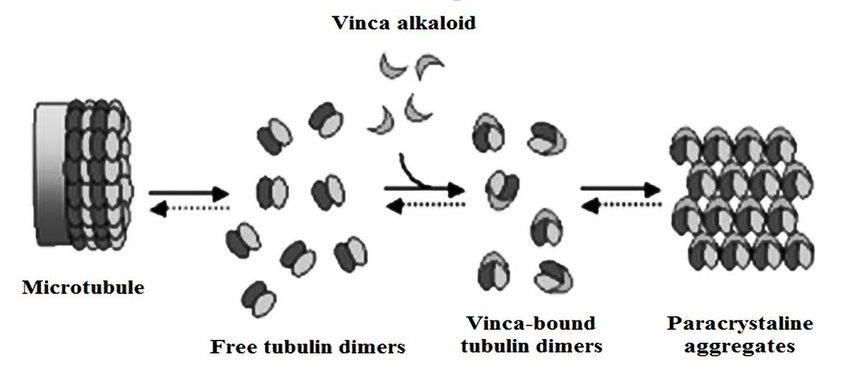
A Brain Teaser
An 83-year-old man is brought to the emergency department with reduced consciousness. His daughter reports that he has been behaving out of character over the past three weeks, with aggressive outbursts followed by excessive sleepiness. The daughter also describes an episode of increased confusion 3 days ago which resolved after 24 hours. This morning the patient was found unresponsive in bed. His past medical history includes atrial fibrillation and recurrent falls. On examination, he is responding only to pain. There is no obvious focal neurology.
What is the most likely diagnosis?
A: Extradural haemorrhage
B: Ischaemic stroke
C: Space-occupying lesion
D: Subarachnoid haemorrhage
E: Subdural haemorrhage
Answers
The answer is E – Subdural haemorrhage
The correct answer is subdural haemorrhage. This patient’s presentation of fluctuating confusion and reduced consciousness, is highly suggestive of a chronic subdural haematoma. Recurrent falls and increased age are further risk factors which support this diagnosis, as well as the possibility that he is taking anticoagulation for his atrial fibrillation.
Extradural haematoma is incorrect. Extradural haematomas typically cause symptoms quickly after injury due to their arterial origin and high-pressure bleeding. This does not fit with the clinical presentation here.
Ischaemic stroke is incorrect. This would more typically present with focal neurology and acute onset of symptoms, neither of which are described in this patient.
Space-occupying lesion is incorrect. Although this could present with confusion and reduced consciousness, the history of recurrent falls and fluctuating confusion make subdural haemorrhage the most likely diagnosis in this case.
Subarachnoid haemorrhage is incorrect. This typically presents with a sudden onset, ‘thunderclap’ headache, rather than the prolonged disturbance in consciousness that is described here. Additionally, subarachnoid haemorrhage has different associated risk factors of arterio-venous malformations, polycystic kidney disease and hypertension.
